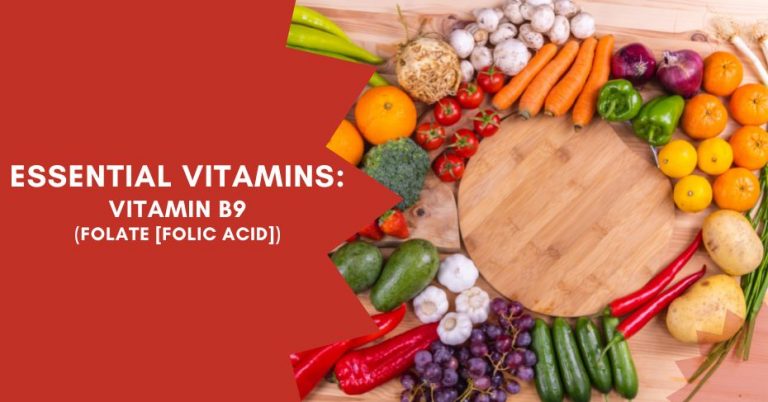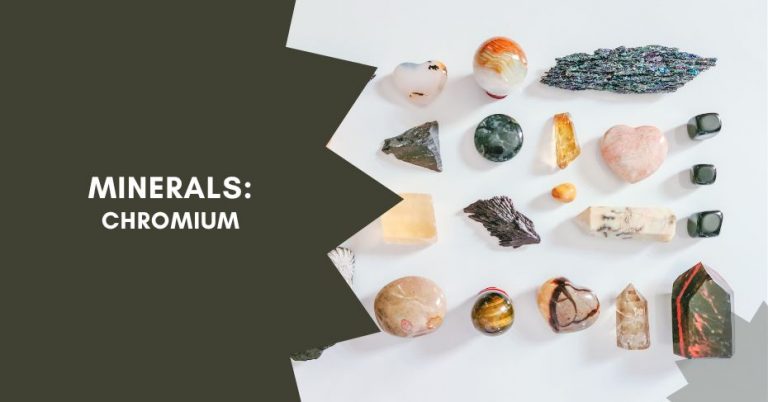Vitamin B6, also known as pyridoxine, is an important nutrient that plays a role in many bodily functions. It is essential for the metabolism of proteins and carbohydrates, helping to turn them into energy. It also helps create neurotransmitters, hormones, and red blood cells. In this blog post, we’ll discuss the benefits of Vitamin B6 and how it can help your health and wellness.
The Many Benefits of Vitamin B6
Vitamin B6 has been linked to several health benefits including reducing inflammation and improving mental health. It has even been shown to reduce the risk of heart disease by helping to lower levels of homocysteine in the blood which is a risk factor for heart disease. Additionally, it helps with hormone regulation which can lead to improved energy levels and better sleep quality. Finally, it plays an important role in creating red blood cells which help transport oxygen throughout the body for better overall circulation.
Vitamin B6 helps regulate hormones, such as serotonin and dopamine. These two hormones are responsible for creating feelings of happiness and improving our moods. As such, getting enough vitamin B6 can help promote better mental health in general. It can also help reduce stress levels and improve sleep quality, both of which are essential for overall well-being.
Vitamin B6 also aids in the body’s digestion process by helping break down proteins into amino acids. This helps ensure that we get the most out of our food consumption. Additionally, it helps produce hemoglobin—a protein found in red blood cells that carries oxygen to all parts of the body—which can help increase energy levels throughout the day.
Finally, vitamin B6 plays a key role in keeping our immune systems functioning properly by helping to produce antibodies that fight off infections and other illnesses before they become too serious. Therefore, getting enough vitamin B6 can help keep us healthy year-round!
Sources of Vitamin B6
Vitamin B6 can be found in a variety of foods such as meat, fish, poultry, nuts, eggs, legumes, whole grains and some fruits and vegetables. It can also be taken as a supplement if you are unable to get enough from your diet alone. Taking a multivitamin or supplement is especially important if you are pregnant or breastfeeding since you need more vitamins during those times.
How to Get Enough Vitamin B6
Fortunately, there are plenty of ways to make sure you’re getting enough vitamin B6 in your diet! Some great sources include fish (such as tuna), poultry (like chicken), potatoes (especially sweet potatoes), bananas, nuts and seeds (such as peanuts), fortified cereal grains (like oatmeal), beans (particularly garbanzos), spinach, Brussels sprouts, avocados, eggs (especially egg yolks), mushrooms (including shiitake mushrooms) , sunflower seeds and whole wheat bread . There are also a number of fortified foods available on the market today if you don’t have access to these items or prefer not to eat them regularly. Additionally, many multivitamin supplements contain high doses of vitamin B6 if you need an extra boost!
Safety Of Vitamin B6 Supplements
It is generally considered safe to take supplements containing up to 100mg of vitamin B6 daily however it is important not to exceed this amount as higher doses can lead to nerve damage over time. Also make sure that any supplement you buy has been approved by a reputable organization such as the US Food & Drug Administration (FDA). You should always consult with your doctor before taking any type of supplement or medication – even if it is deemed “safe” by the FDA!
Bottom Line
Overall, it’s clear why getting enough vitamin B6 is so important for our health and wellbeing! Not only does it help regulate hormones like serotonin and dopamine which impact our moods but it also helps keep our immune systems strong by producing antibodies to ward off infections before they can become serious problems. Fortunately there are plenty of ways to get more vitamin B6 into your diet including eating nutrient rich foods like fish, poultry , potatoes , bananas , nuts & seeds , fortified cereal grains , beans , spinach , Brussels sprouts , avocados & eggs – or even taking a multivitamin supplement if needed! Remember – including more vitamin b-6 into your daily routine will be well worth it in the long run!





